Voting Advocates Say Women’s Equality Day Has A Complicated (And Yes, Racist) History
Enlarge this image
A photo taken on October 18, 1920, of suffragettes in Newark, New Jersey during the closing hours of the campaign for votes in support of the 19th Amendment.
Hulton Archive/Getty Images
hide caption
toggle caption
Hulton Archive/Getty Images
Enlarge this image
Glass negatives of Suffragette pickets between 1910 and 1920 in Washington, D.C.
Harris & Ewing/Library of Congress
hide caption
toggle caption
Harris & Ewing/Library of Congress
Enlarge this image
Members of the National Woman’s Party appear in front of their Washington headquarters.
Library of Congress
hide caption
toggle caption
Library of Congress
Members of the National Woman’s Party appear in front of their Washington headquarters.
Library of Congress
Focus on what you can do today, advocates say.
The fight for voting equality didn’t end on August 26, 1920, or even on August 6, 1965, when the Voting Rights Act was made law. It’s not over today, either, advocates agree.
«To view voting equality as a thing of the past is to deny ongoing efforts to gerrymander districts that prevent marginalized communities from fully being able to exercise their opportunity to elect the candidate of their choice, Elizabeth OuYang, a civil rights attorney, adjunct professor and voting rights advocate, told NPR.
«[It’s to ignore] the Supreme Court finding section four of the voting rights unconstitutional, she continued, referring to a series of Supreme Court decisions that have left Americans, in 2021, without many of the protections that the Voting Rights Act was intended to provide.
The fight for equal voting rights is very much in progress and it’s being fought in local election offices, in voting registration drives, in protests and in rallies. And there are things you can do to get involved. Epps-Johnson stressed how essential volunteer poll workers are. OuYang suggested taking action beyond just casting your vote — learn about and get involved in redistricting, which happens every 10 years and has a powerful effect on all future elections, she said.
«Being informed and being educated is the first step, OuYang said.
For Calvin, the impact that any one individual can have can’t be stressed enough.
«We’re in a place now where Congress isn’t going to save us. … It’s up to us to look around our family or friends or our neighborhood and say, ‘All right, I’m going to make sure that 100 percent of the people in my family vote. What do I have to do to do that?'
- women’s equality
- voting rights
Обсудим?
Смотрите также:

